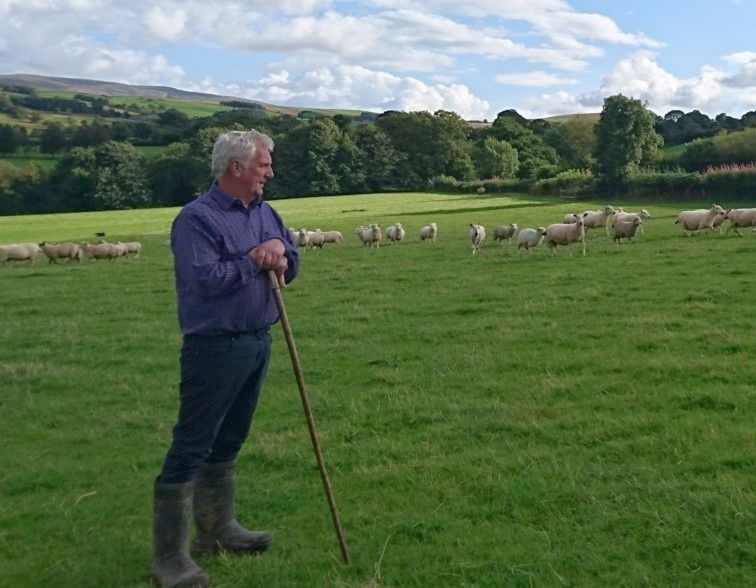
Farm groups have welcomed the Welsh government's decision to delay the introduction of changes to agricultural support post-Brexit.
The country's new funding scheme to replace EU farm subsidies will now be introduced after the next assembly election, which takes place in 2021.
First Minister Mark Drakeford announced the change as he revealed the Welsh government’s legislative programme for the coming year.
It had originally been intended that significant changes to current subsidy policies be phased in from 2021.
Welsh government's rural affairs minister Lesley Griffiths said she hoped to bring forward the bill before the end of the current assembly term.
The Farmers’ Union of Wales (FUW) welcomed the decision to delay, calling it the 'right move in light of huge uncertainty and instability around Brexit'.
FUW President Glyn Roberts said: “We have argued since the 2016 Brexit referendum that new policies should be carefully crafted in light of clear knowledge of the likely trading environment our farmers will face after Brexit.
“Given that major reforms are being debated in the EU, we have also said we need to be informed by those changes which will affect our main competitors and markets on the continent.”
Mr Roberts said that these messages had been a main theme in the union's response to last year’s Welsh government 'Brexit and our Land' consultation, which he said proposed the 'rapid introduction of radical reforms'.
“The decision to delay matters is therefore extremely welcome and the only rational thing to do in the circumstances.
“We want Wales to take a progressive and outward-looking approach which recognises the markets we will operate in and competition we will face, rather than one which is inward looking where decisions are made with no knowledge of what circumstances might be,” he said.
Farmers also feared that attempting to introduce any major policy changes also risked problems in terms of administrative burdens at a time when resources are stretched.
Mr Roberts added: “Welsh government resources are quite rightly being moved and re-focused on emergency Brexit contingency preparations, so putting the brakes on moves to rapidly introduce radical changes to rural policies is an obvious way to avoid an administrative meltdown.
“It would also mean avoiding exacerbating the very difficult situation our farmers are already likely to face as a result of Brexit.”
The Welsh government has recently released a second consultation on revised proposals for farm funding once the UK leaves the EU.
Farmers would be offered money to carry out work which enhances the environment under the new proposals announced in July.
